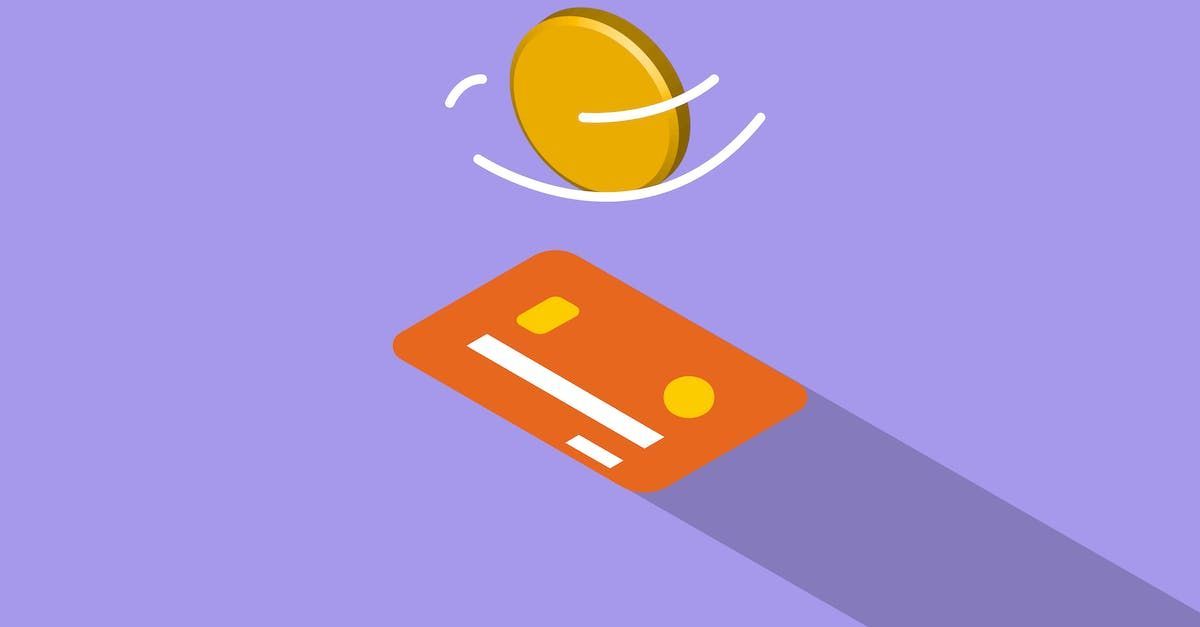The payout account & what it means for your P account in an insolvency
What is the PSK Withdrawal Account?
A PSK distribution account is a special (sub)account related to a
garnishment protection account.
If the amount of money paid into the debtor's account in a month exceeds the established allowance or the account holder does not use the entire sum, the money is initially transferred to a sub-account of the P account and is not immediately forwarded to the creditors. This sub-account is called the payout account.
Synopsis - Account garnishment in 2023 / 2024
- The most important thing about the payout account summarized
- What is a PSK Withdrawal Account? Terms and Definition
- Takeover amounts and moratorium amounts declared on the disbursement account
- Takeover amounts: Unused balance on the distribution account
- Moratorium amounts on the payout account
- Chargeback credit PSK payout account
- What is the purpose of moratorium amounts
- How the garnishment protection account works - A brief overview
- Disbursement Account FAQ
The most important thing about the payout account summarized
Function:
The payment account is used to regulate the receipt of money from a debtor if the debtor exceeds the specified allowance or does not use the entire amount.
Use: The money that exceeds the allowance or is not used is transferred to the payment account ("paid out" ), instead of being immediately forwarded to the creditors.Purpose: The disbursement account allows the debtor to dispose of the excess amount and use it for future expenses.A Separate sub-account: The disbursement account is a separate sub-account within the P account, on which the excess amount is safely stored. Process of shifting the amounts from the P account to the payment account: Amounts that were transferred from the previous month and are now above the garnishment exemption limit are initially shifted to the payment account by the bank on instruction. In the following month, this credit is then transferred back to the garnishment protection account. >> Only if the debtor then does not have the money transferred back from the garnishment protection account will it be paid out again and will then be fully subject to garnishment in the third month.
>> IMPORTANT:
All incoming payments in a month are summed up and if money is withdrawn and then paid back in again, these are added to all other incoming payments and counted as benefit receipt. The legal basis for this lies in § 850k Para. 1 S. 3 ZPO It also stipulates that the unused amounts of the actually available garnishment exemption amount of a calendar month are NOT recorded in the following month in addition to the protected exemption amounts money to creditors.
What is a PSK Withdrawal Account? Terms and Definition
PSK: PSK stands for seizure protection account.
Disbursement account: A disbursement account plays a crucial role in connection with a garnishment protection account (P-account). It is used to manage funds that are above the attachment-free amount and could therefore in principle be attached. The payment account is therefore a sub-account of a seizure protection account.
Takeover amounts and moratorium amounts declared on the disbursement account
The two main categories of amounts held in a disbursement account are acceptance amounts and moratorium amounts.
Takeover amounts are those that were protected by the P account in the month of entry. If, on the other hand, it is about the amounts that exceed the tax-free allowance, these are so-called moratorium amounts or moratorium carryovers.
Takeover amounts: Unused balance on the distribution account
Carryover amounts are amounts that remain in the P account at the end of a month and are then transferred to the payout account. They remain protected against seizure and can be used in the following month if the credit on the P account is exhausted. During this time, the money is protected against seizure according to § 899 II ZPO. In addition to the new incoming P account allowance.
Moratorium amounts on the payout account
Moratorium amounts, on the other hand, are amounts that could be attached because they exceed the allowance. However, these are not immediately seized and forwarded to the creditors. They are blocked directly by the bank and in the first step are transferred to the payment account. Moratorium amounts are mainly used to compensate for fluctuating income.
Wenn Sie in den Folgemonaten allerdings Ihren Freibetrag mit den Eingängen nicht mehr erreichen, können Sie die
Lücke zwischen dem Freibetrag und dem niedrigeren Eingang
mit diesem Moratorium auffüllen.
Chargeback credit PSK payout account
A credit transfer from the PSK payment account to the P account takes place automatically as soon as the credit on the P account is exhausted.
What is the purpose of moratorium amounts
A moratorium offers temporary protection against seizure. Moratorium amounts on a payment account are therefore amounts that cannot be seized at the moment, for example due to ongoing insolvency proceedings or similar circumstances.

How the garnishment protection account works - A brief overview: What amount is protected?
A garnishment protection account, also known as a P account, provides a certain basic level of protection for your income against garnishment. In 2023 / 2024 this protected amount is known as the allowance and is set by law. It can increase depending on the number of dependents. Amounts above the exemption amount can generally be seized, unless they are transferred to the payment account as transfer amounts or are protected by a moratorium.
Regarding the amount of the garnishment exemption: (as of 2023)
The attachment-free amount for a debtor without maintenance obligations (also known as the basic allowance) of currently 1,330.16 euros still applies until the end of June 2023. From July 1, 2023, the attachment exemption will increase to EUR 1,402.28.
You can find out more details about this in our overview of the P account on the following page.
Disbursement Account FAQ
-
What does the term "sweeping out" mean?
A distribution is the payment of a financial sum to a person who is entitled to that sum of money. This is often a creditor.
-
Can I withdraw money from the withdrawal account?
Direct withdrawals from the payment account are usually not possible, as this account is used to manage the amounts in excess of the garnishment-free amount in the P account. However, transfer amounts can be transferred to the P account in the following month and then used.
-
When is an account paid out?
An account is "swept out" at the end of a month. This means that the remaining credit, which is above the garnishment-free amount, is transferred to the payment account.
-
What happens to the money in the withdrawal account?
Das Geld auf dem Auskehrungskonto wird zur Deckung des evtl. anfallenden Bedarfs im nächsten Monat verwendet, falls das Guthaben auf dem P-Konto ausgeschöpft ist. Moratoriumsbeträge werden hingegen nur dann freigegeben, wenn das entsprechende Moratorium endet.
-
What happens with too much money in the P account?
If there is more money in the P account than the garnishment-free amount, that excess money is transferred to the payout account. There it is protected against seizure and can be used in the next month if the credit on the P account is exhausted.
-
When will the money in the P account be released?
The bank always releases the seizure-free amount on the P account on the first day of the month. Any transfer amounts from the payment account will also be released in the course of the month if the credit on the P account is exhausted.
-
How do I get the money from the withdrawal account?
Um an das Geld vom Auskehrungskonto zu gelangen, muss zunächst das Guthaben auf dem P-Konto ausgeschöpft sein. Dann werden die Übernahmebeträge vom Auskehrungskonto auf das P-Konto übertragen und können genutzt werden.
-
When should I delete the PSK withdrawal account?
A PSK withdrawal account can be deleted for a variety of reasons, such as when you no longer have use for the account or no longer want to bear the fees for the account.
-
How can I delete PSK withdrawal account and what to consider
Typically, you need to contact your bank or financial institution that maintains the PSK withdrawal account. A written application or formal notice of termination is often required. Please note that a notice period may have to be observed. Make sure you have completed all pending transactions and transferred all funds to another account before deleting the account. It is also important to keep in mind that there may be eventual account closure costs.

Get professional advice from a Debt & Insolvency Advisor with over 10 years of experience.
⟟ Hauptstr. 115
70771 Leinfelden-Echterdingen
☎ 0711 16036757
✉ poststelle@mail-sic.de
- Insolvency advice
- Private insolvency
- Corporate insolvency
- P-account certificate
- garnishment allowance
- Credit without Schufa
- Admission form
- NOW discover insolvency application cost reimbursement protection
- Coching in Cyprus
- Mon - Fri
- - -
- Saturday
- -
- Sunday
- Closed
*Appointments on Saturdays only on the first Saturday of the month and only for employed persons or self-employed persons if an appointment during the week is not possible. Telephone calls cannot be accepted on Saturdays! Sunday and public holidays closed.






